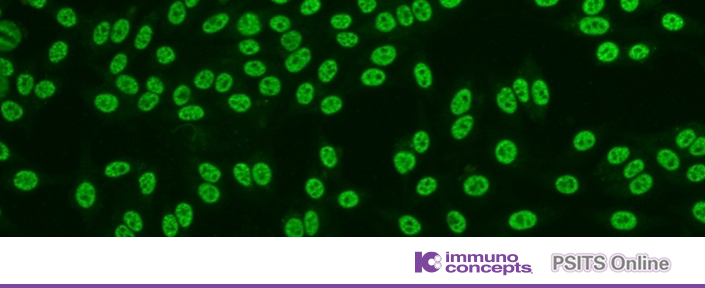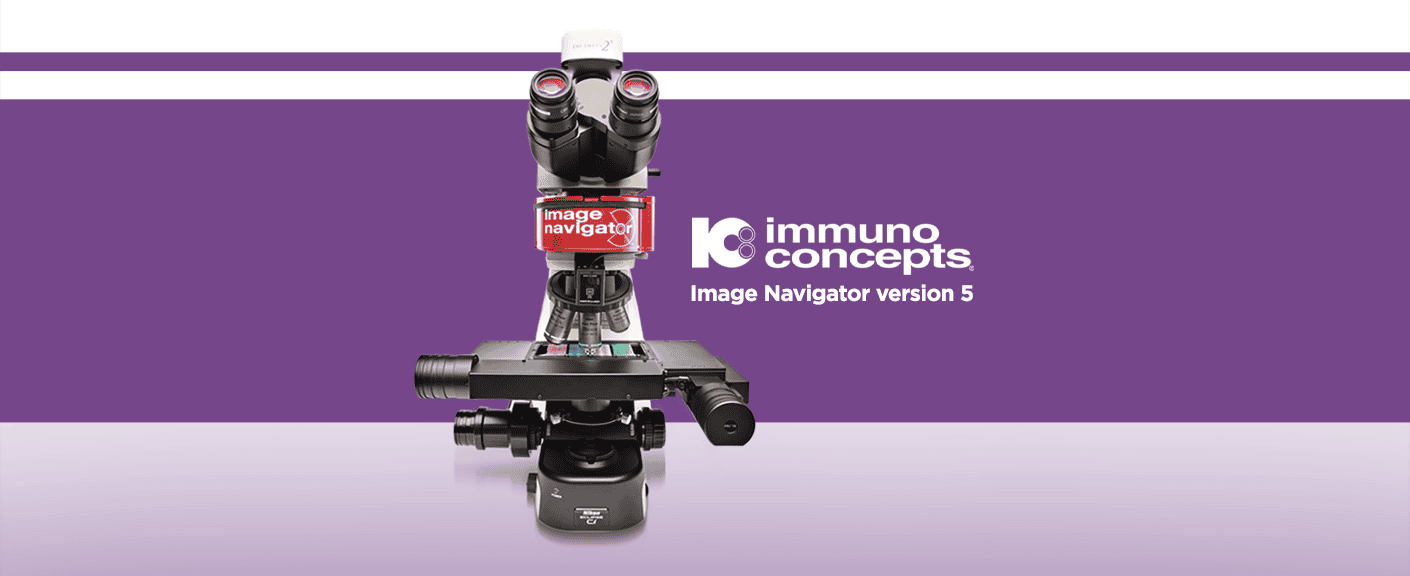Why Quality Controls Matter in Allergy and Autoimmune Diagnostics
In clinical laboratories, the accuracy of diagnostic results is of utmost importance, particularly when managing complex conditions such as allergies and autoimmune diseases. The Phadia ™ Quality Controls (QC) Guide from Thermo Fisher Scientific provides a structured methodology for internal quality control (iQC), ensuring that each test result is dependable and reproducible.

Understanding QC in Diagnostics
QC transcends being merely a vial of liquid, it serves as a fundamental component of a laboratory’s quality management system. QC facilitates the verification of the performance of instruments, reagents, and operators by simulating patient samples and detecting deviations within the testing process.
By conducting QC in conjunction with patient samples, laboratories can promptly identify issues and uphold confidence in their reported results.
Tailored QC for Phadia Systems
Phadia Laboratory Systems support both Immunocap ™ (for allergy testing) and Elia ™ (for autoimmune diagnostics). Each system is accompanied by dedicated QC products with established reference ranges; however, laboratories are encouraged to determine their own target values and ranges based on empirical data. This approach ensures that QC reflects actual laboratory conditions and enhances overall reliability.
Benefits of Robust QC Practices
- Accuracy and reproducibility: QC guarantees consistent performance across instruments and operators.
- Regulatory compliance: Adhering to standards such as CLIA and ISO 15189 is facilitated by a documented QC process.
- Operational efficiency: Early detection of discrepancies reduces equipment downtime and troubleshooting efforts.
- Patient safety: Reliable results contribute to better clinical decision- making and outcomes.
Implementing QC with Phadia Prime Software
The guide outlines procedures for integrating QC data into Phadia Prime software, enabling automated tracking, statistical analysis, and recalibration when necessary. It also addresses periodic revalidation of QC ranges to accommodate system modifications.

Quality control is not merely a regulatory obligation; it constitutes a commitment to excellence. Through the utilisation of the Phadia Quality Controls Guide, laboratories can confidently deliver accurate results upon which clinicians and patients depend.
Explore the full guide and elevate your lab’s QC practices
Download the Thermo Fisher Phadia Quality Controls guide today
THESE PRODUCTS ARE NOT AVAILABLE FOR PURCHASE BY THE GENERAL PUBLIC.
Request a Quote








